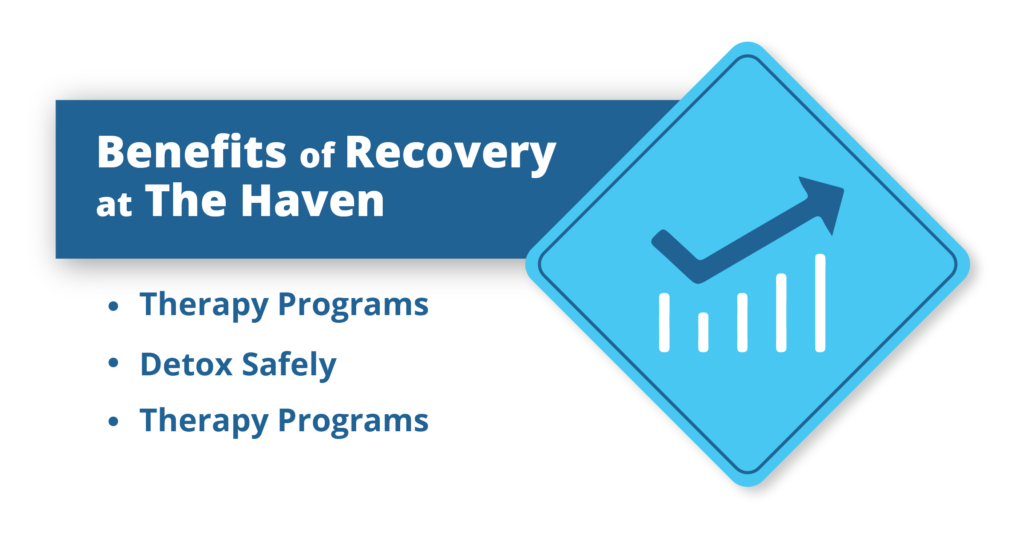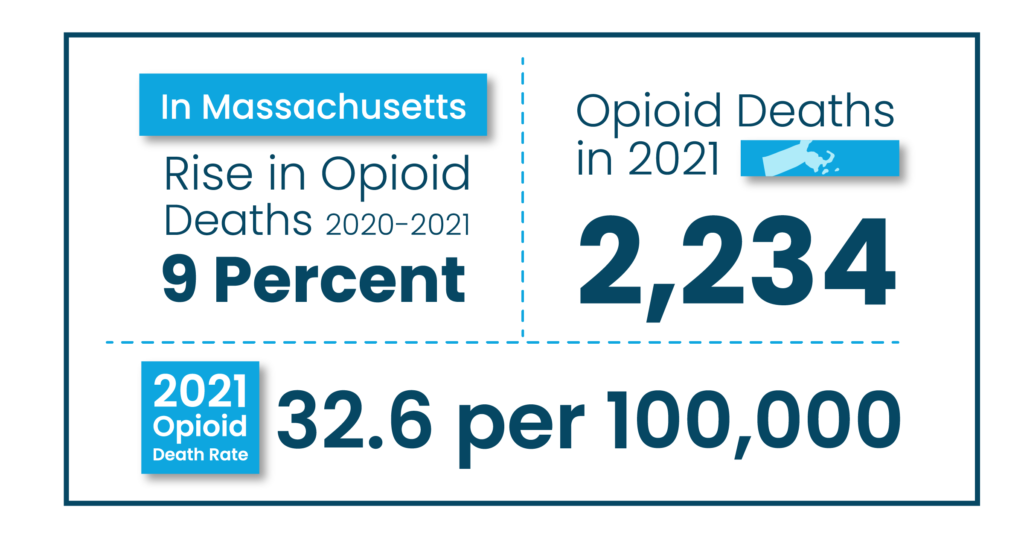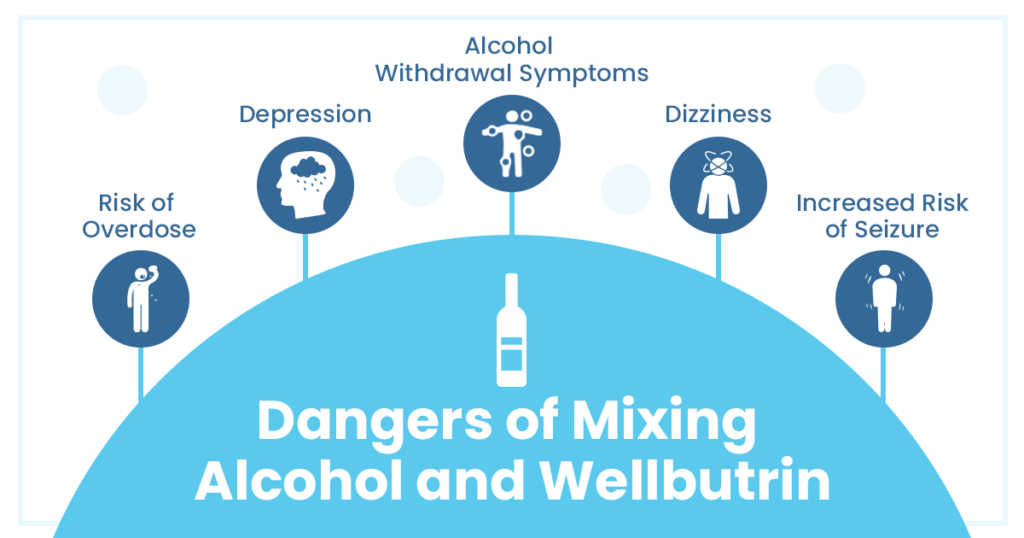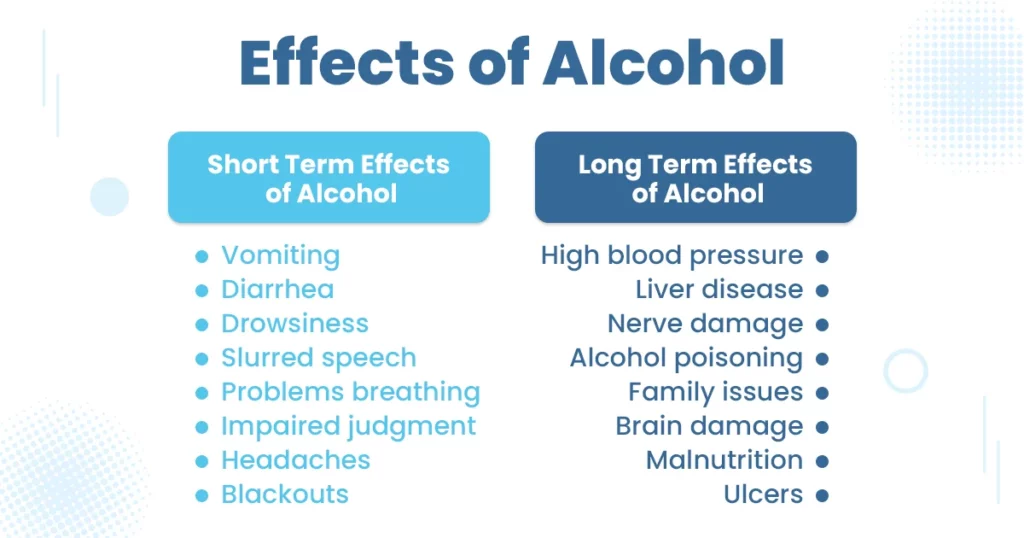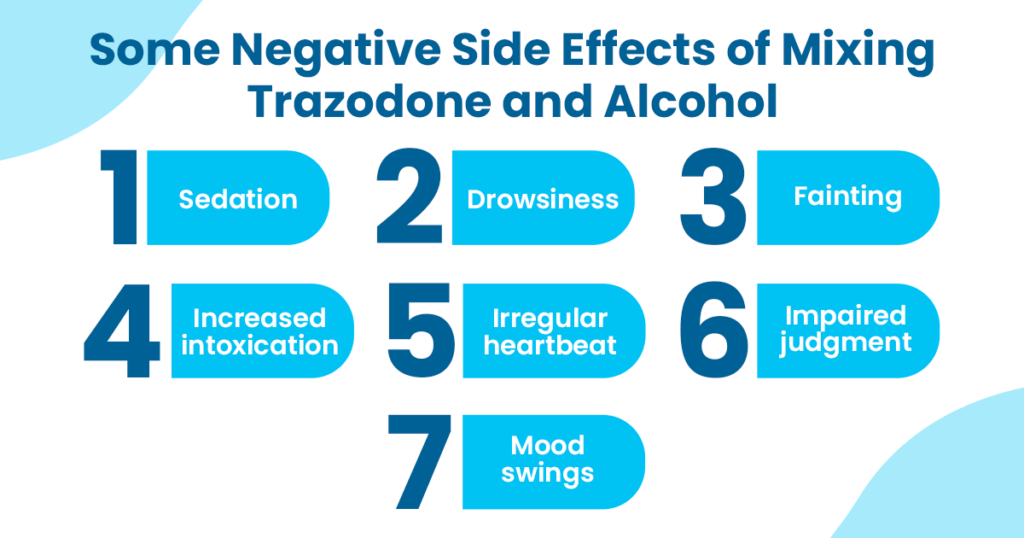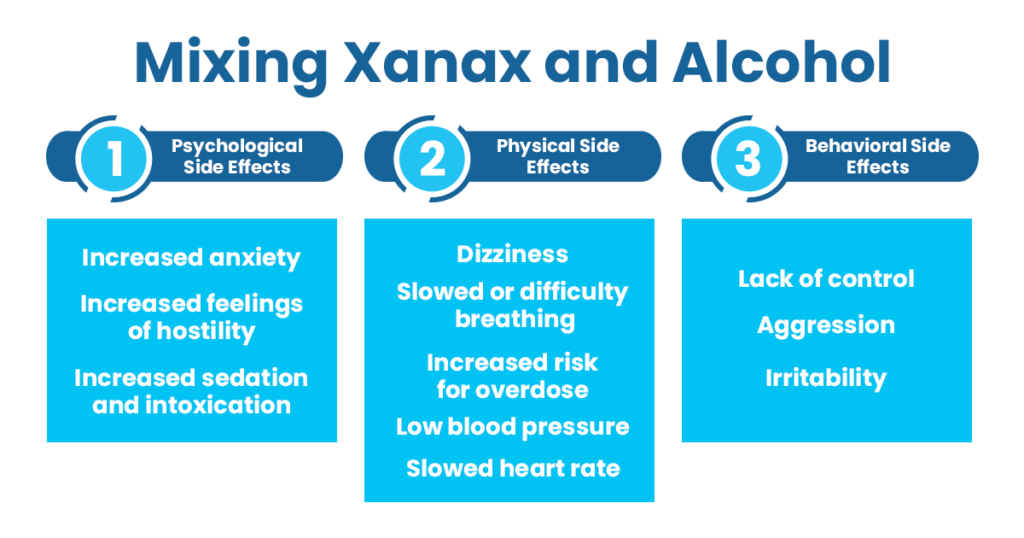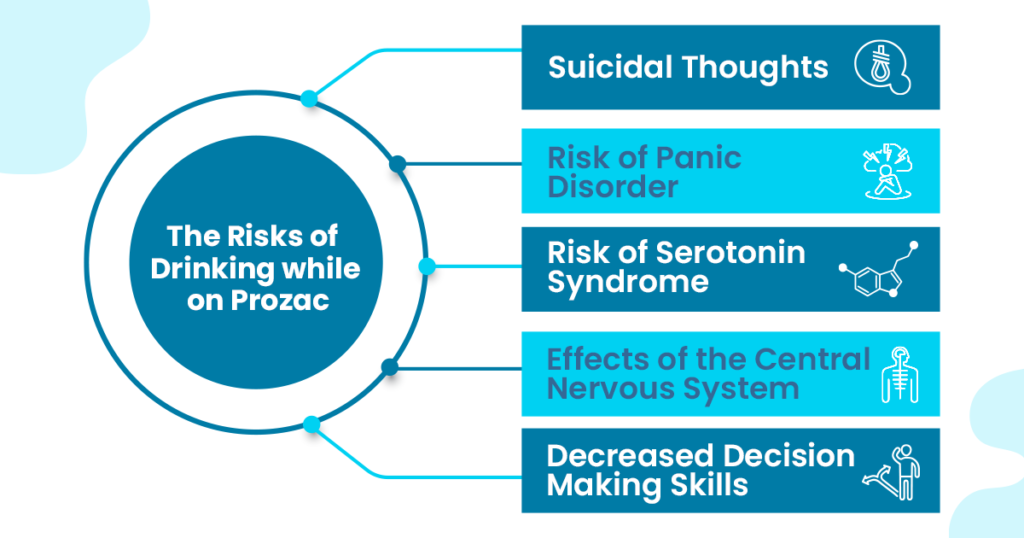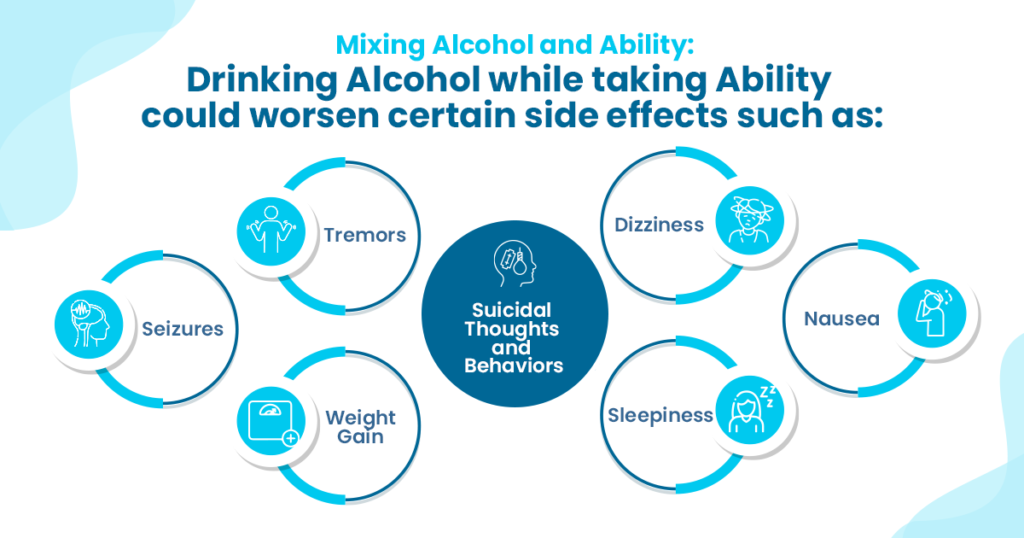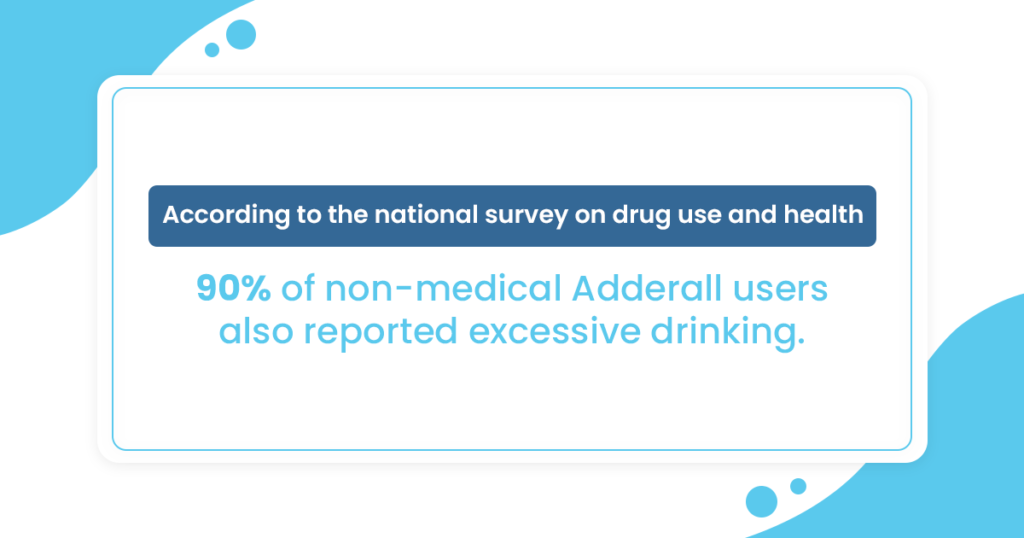Alcohol Addiction Rehab Massachusetts
In Massachusetts, alcohol addiction is a severe problem. According to the National Institute on Alcohol Abuse and Alcoholism, more than 10% of adults in the state suffer from substance use disorder. This figure is even higher among specific demographics, such as young adults aged 18-25 and Native Americans. Alcohol or drug addiction can have devastating … Read more

